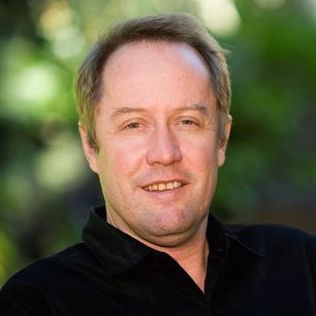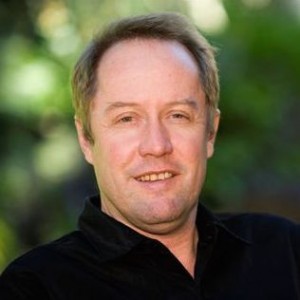By annamuscara
In
2020-06-232020-06-23https://rhed.amsi.org.au/wp-content/uploads/sites/73/2020/06/amsi_rhed_v2-2.pngResearch and Higher Education 200px200px
200px200px
 200px200px
200px200pxPROFESSOR HUGH POSSINGHAM, THE UNIVERSITY OF QUEENSLAND 11 JULY 2016

Aside from his day job, Hugh has a variety of broader public roles advising policy makers, conservation groups and managers by sitting on 15 committees and boards outside the University of Queensland including: The Wentworth Group of Concerned Scientists (founding member), founding editor of Conservation Letters (an international scientific journal), Council of the Australian Academy of Science (recently stepped down), and several Environmental NGO scientific advisory committees. He and Dr Barry Traill wrote “The Brigalow Declaration”, used by Premier Beattie to halve land clearing in Queensland thereby reducing greenhouse gas emissions in Australia by more than 5% per annum and saving an area the size of Portugal from conversion into farmland.
The Possingham lab uses mathematics to formulate and solve problems for saving plants, animals and ecosystems.
Possingham has coauthored 540+ refereed publications covered by the Web of Science (27 in Science, Nature or PNAS). He currently directs two national research centres across 11 institutions ($15 million per annum) and he has supervised (or is supervising) 80 PhD students and 50 postdoctoral fellows.
He has one psychological disorder, a compulsive desire to watch birds.
| DATE | TIME | HOST | UNIVERSITY |
|---|---|---|---|
| 11 July 2016 | 6.30PM | Hugh Possingham | The Edge, Queensland State Library, South Bank, Brisbane |
This lecture was run in conjunction with BrisScience
I direct a threatened species recovery hub that is doing research for saving species. But do we really need more science? Why don’t we just take the knowledge we have and save the species? In this talk we will discuss the value of monitoring and information for achieving nature conservation outcomes – indeed what is the point of research for any aspect of life? Is some research more useful than other research and should utility factor into decisions about research funding? I will use decision science tools (optimisation) as the framework for deciding what research is useful